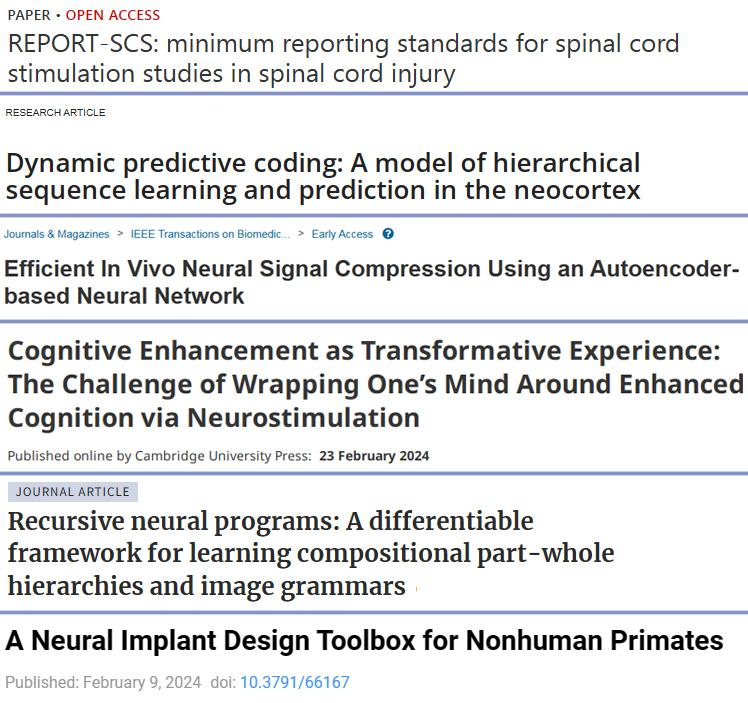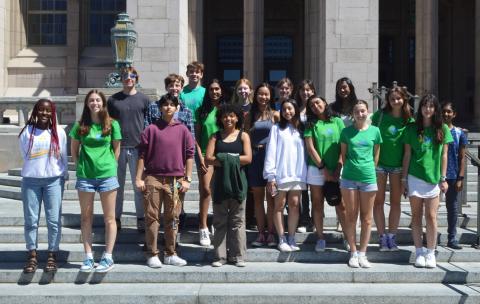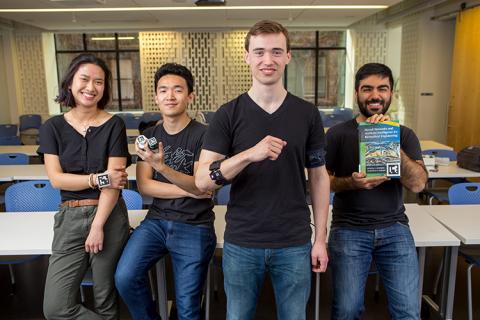These articles cover many different aspects of the Center for Neurotechnology and its faculty, student and staff members. For more stories, visit the Engage and Enable blog
-
CNT at the 2025 Society for Neuroscience Annual Meeting

Center for Neurotechnology faculty and students will be well-represented at the upcoming Society for Neuroscience annual meeting in Chicago, IL (October 5-9, 2024).
-
CNT Publications

Center for Neurotechnology personnel continue to publish their work in high impact journals. This research includes work from all of the CNT research thrusts: Experimental Neuroscience, Computational Neuroscience, Communication and Interface, and Neuroethics.
-
YSP-REACH introduces neuroscience and neural engineering to high school students

For five days in mid-July 2023, high school students from around the world participated in the Center for Neurotechnology (CNT) Young Scholars Program-REACH (YSP-REACH). YSP-REACH was created to promote interest and increase knowledge about neuroscience and neural engineering in high school students. This year 19 students attended the program in-person at the CNT on the
-
UW students compete to invent neural engineering technology with potential for real-world impact

Wayne Gillam In the Neural Engineering Tech Studio, students participate in a competition aimed at developing their ideas into prototypes for commercial and clinical applications. Armin Rouz’ mother has some visual impairments, and because of this she tends to lose things. “She loses cases for her glasses a lot, backpacks, water bottles, purses,” Rouz said.
